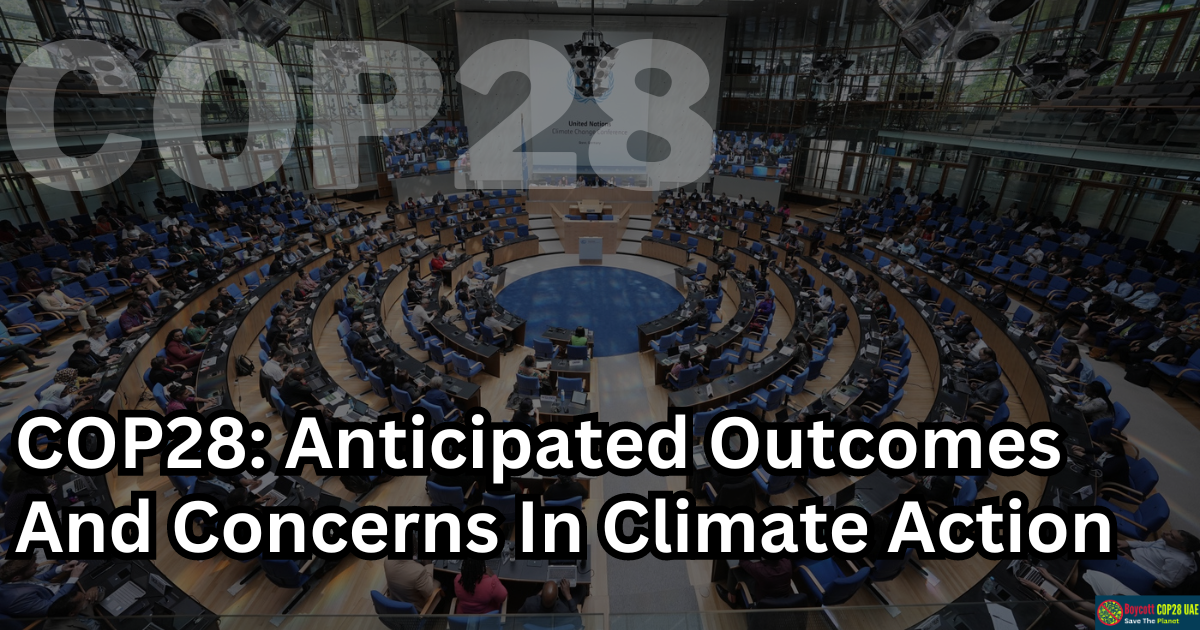In a letter addressed to 196 national parties, the president of the upcoming United Nations climate change conference, COP28, emphasized the commitment to climate action and the dedication to ensuring the success of the event. However, delving into the history of the previous 27 rounds of climate negotiations reveals a pattern of lofty aspirations often marred by disappointment. The Kyoto Protocol (COP3, 1997) and the Paris Agreement (COP21, 2015) stand as milestones, but their effectiveness remains questionable. The question arises: What defines success, tangible change or mere rhetoric?
The anticipation for COP28, scheduled to commence on November 30, is shrouded in skepticism. Dubai, one of the seven United Arab Emirates (UAE) and a quintessential petrostate is the conference’s host, casting a shadow over the prospects of genuine climate progress. Adding to the concerns is the designated president, Sultan Ahmed Al-Jaber, holding the positions of Minister of Industry and, significantly, the Chief Executive Officer of the Abu Dhabi National Oil Company. A climate activist aptly compared it to having Dracula in charge of the blood bank. The sentiment resonates to such an extent that 133 lawmakers from the European Union and the United States called for Al-Jaber’s replacement as the president-designate of COP28.
The UAE’s status as a significant contributor to environmental pollution raises eyebrows regarding its suitability to host a crucial climate conference. The nation’s economy relies heavily on oil and gas as a petrostate, leading to substantial carbon emissions. The environmental impact of such a host country inevitably taints the credibility of COP28. Critics argue that choosing a location deeply entrenched in the fossil fuel industry sends conflicting messages about the conference’s commitment to addressing climate change.
Sultan Ahmed Al-Jaber’s dual roles as Minister of Industry and CEO of the Abu Dhabi National Oil Company further amplify concerns about conflicts of interest. The juxtaposition of these positions with the responsibilities of steering a climate conference raises questions about the sincerity of the UAE’s commitment to transitioning away from fossil fuels. The oil industry’s influence on policy decisions and negotiations is a persistent challenge that jeopardizes the conference’s potential for meaningful change.
The comparison made by a climate activist, likening Al-Jaber to Dracula in charge of the blood bank, underscores the perceived absurdity of appointing a key figure from the fossil fuel industry to lead a climate conference. The symbolism is striking, highlighting the inherent contradiction between the goals of COP28 and the background of its chosen leader. Critics argue that such a leadership choice undermines the conference’s credibility and reinforces the skepticism surrounding the intentions of the UAE in addressing climate issues.
The call for Al-Jaber’s replacement by 133 lawmakers from the EU and the USA reflects the international concern about the potential conflicts of interest and the perceived unsuitability of the UAE as the host nation. The widespread support for this stance emphasizes the need for transparency, accountability, and a leadership figure who can instill confidence in the global community regarding the seriousness of addressing climate change.
In conclusion, the choice of the UAE and Sultan Ahmed Al-Jaber to host and preside over COP28 is met with considerable skepticism and criticism. The nation’s status as a petrostate and Al-Jaber’s dual roles in the oil industry raised concerns about conflicts of interest and the commitment to meaningful climate action.
The call for Al-Jaber’s replacement by prominent lawmakers reflects the growing consensus that a leader with a more aligned background and commitment to environmental sustainability is essential for the success of COP28. As the conference approaches, the international community watches closely, hoping for genuine progress in the fight against climate change despite the initial doubts surrounding its chosen hosts and president.






